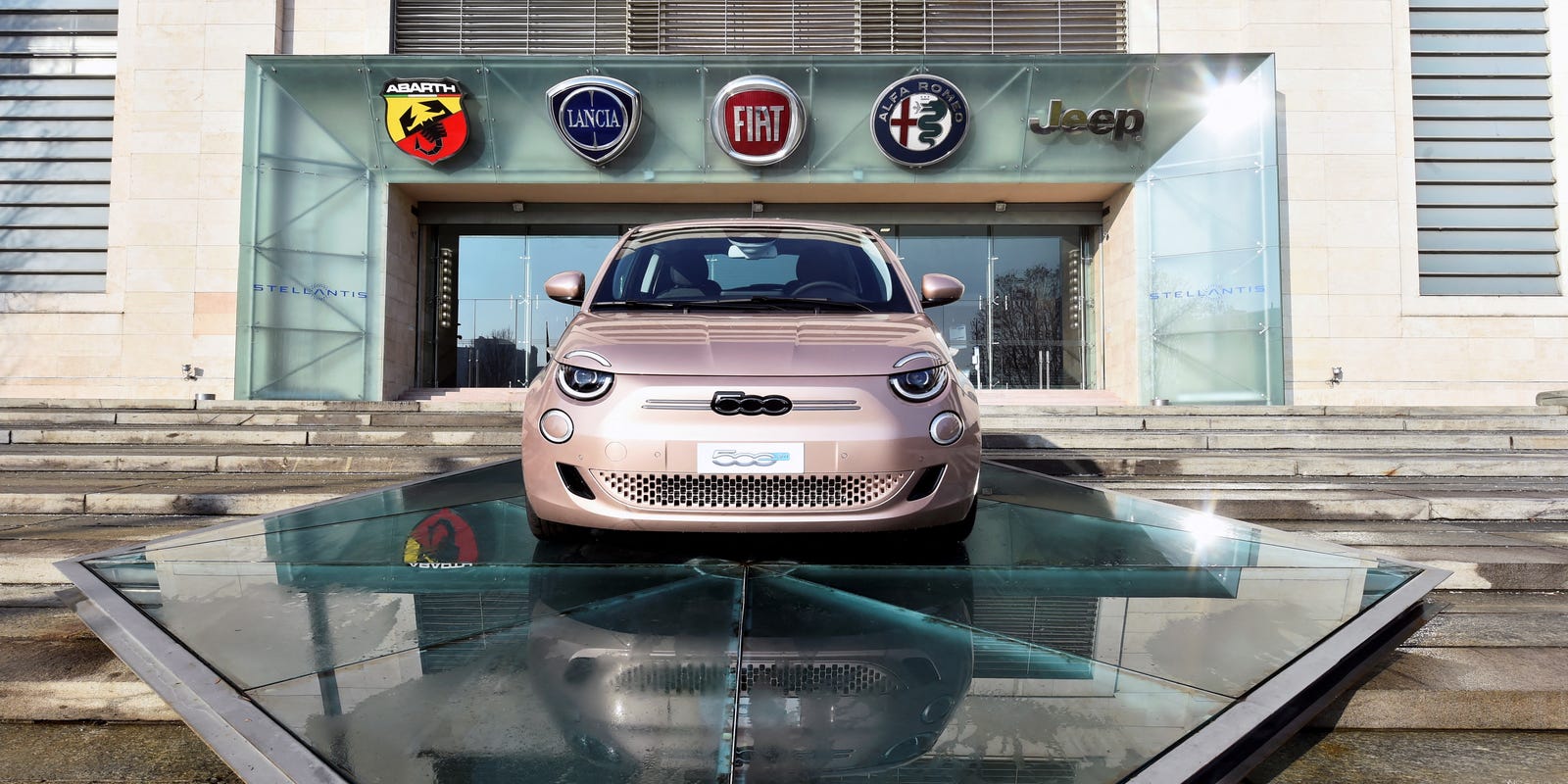
As global automotive giant Stellantis faces ongoing scrutiny over its brand portfolio, industry analysts are urging CEO Carlos Tavares to make tough decisions that could reshape the company’s future. The recommendation centers on eliminating poorly performing or non-strategic marques, including Chrysler, Maserati, Lancia, and DS, as part of a broader plan to streamline operations and focus resources on more viable and profitable brands.
Founded from the 2021 merger of Fiat Chrysler Automobiles and France’s PSA Group, Stellantis currently controls a sprawling selection of 14 automotive brands, ranging from mainstream to premium classifications across several global markets. However, many of these brands have struggled with shrinking market share, aging product lineups, or unclear market relevance.
Chrysler, once a cornerstone of the American automotive industry, now maintains only a modest presence with a limited product range. Maserati, the company’s luxury offering, has failed to achieve expected sales targets in a competitive premium market. The European-focused brands Lancia and DS have similarly faced obsolescence, restricted largely to limited geographic zones with niche customer bases.
In addition to those, analysts are questioning the long-term sustainability of Alfa Romeo and Dodge. Despite recent product launches, both brands must demonstrate stronger value propositions and growth potential to earn continued investment.
Tavares, known for his disciplined financial stewardship, has previously indicated that each Stellantis brand would be given a period to prove its value and viability. However, market pressures and the company’s ambitious efforts to transition towards electrification and digital mobility may accelerate decisions regarding brand consolidation.
As Stellantis navigates the evolving automotive landscape, particularly the shift toward electric vehicles and connected technologies, refining the brand lineup could provide critical focus, reduce overhead costs, and enhance the group’s global competitiveness.
The automotive industry will be watching closely as Tavares weighs these strategic decisions—balancing heritage and emotional brand equity with financial performance and future relevance in an increasingly electric and digital world.
Source: https:// – Courtesy of the original publisher.








